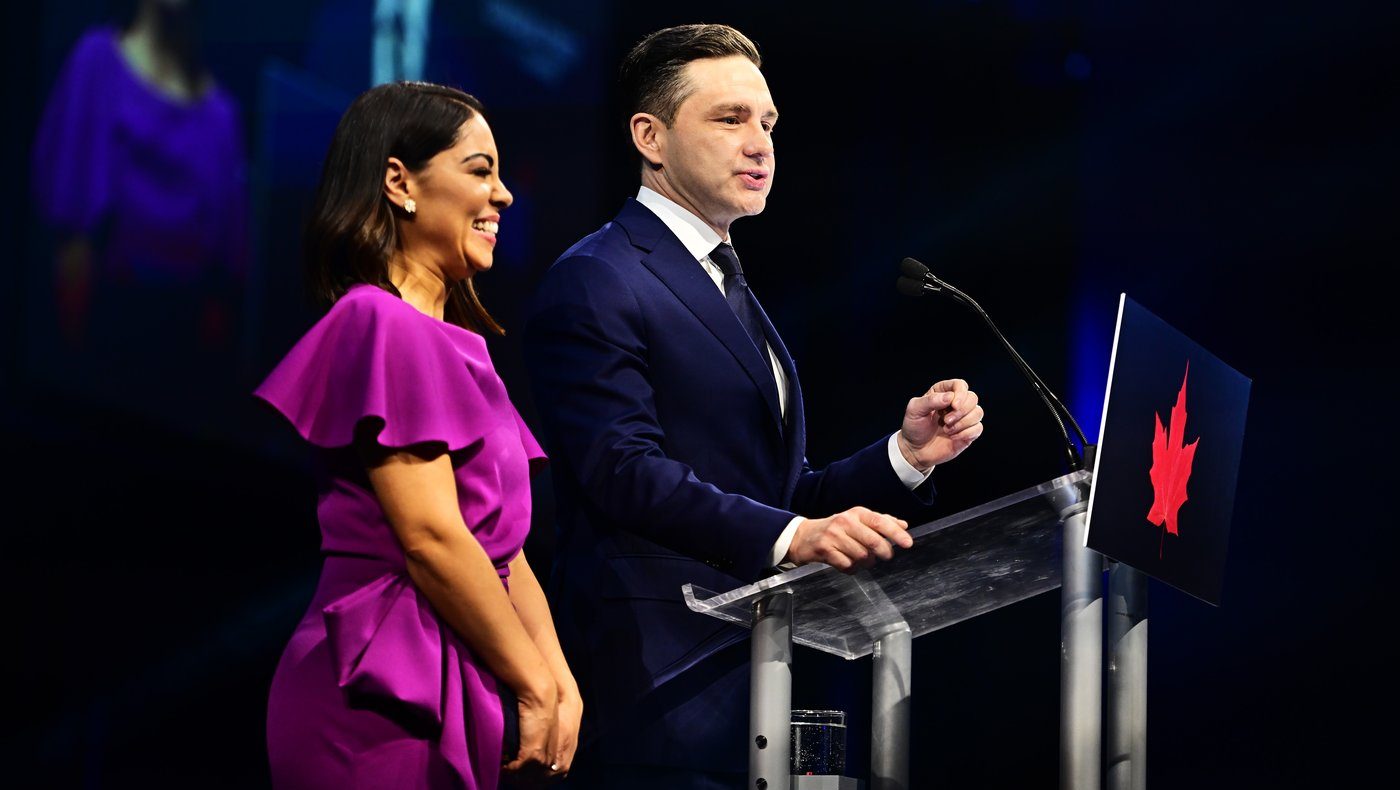Canada
Mark Carney says he will quickly call byelection for Pierre Poilievre, Alberta MP to resign

Prime Minister Mark Carney says he will quickly call a byelection for Conservative Party of Canada Leader Pierre Poilievre as an incoming Alberta MP has announced he’ll step aside.
“I will ensure that it happens as soon as possible … no games, nothing, straight,” Carney told reporters Friday morning when asked about the matter during his first news conference since winning Monday’s election
He said he conveyed his decision to Poilievre directly.
Poilievre lost his Carleton (Ontario) seat to Liberal candidate Bruce Fanjoy in Monday’s election. As a result, he’s not allowed to sit in the House of Commons when parliament resumes on May 26 even though he’s the party leader.
Shortly after Carney’s remarks, the Conservative Party of Canada sent out a statement advising Damien Kurek will resign from his seat. He was first elected in 2019 and represents the riding of Battle River–Crowfoot, which is located east of Red Deer, southeast of Edmonton and runs along the Alberta-Saskatchewan border.
“An unstoppable movement has grown under [Poilievre’s] leadership, and I know we need Pierre fighting in the House of Commons to hold the Liberal minority government to account. This is what’s best for Canada, and is what’s best for Battle River–Crowfoot,” the statement said.
“The people of Battle River—Crowfoot will be represented well by Pierre for the remainder of this parliamentary session, and I will keep working with our incredible local team to do everything I can to remain the strong voice for you as I support him in the process.”
Kurek said his decision to leave is only for the current term and intends to run in the riding during the next general election.
Residents in the riding overwhelmingly backed Kurek in Monday’s election. He won with nearly 82 per cent of the vote while the second-place Liberal candidate only got close to 11.5 per cent.
The statement didn’t say where Poilievre would run in the next general election.
Poilievre could have faced a lengthy process to enter the House of Commons without Carney’s cooperation. According to the law, a writ for a byelection can be issued between 11 and 180 days after the chief electoral officer of Canada receives notice.
Under the Parliament of Canada Act and House of Commons procedures, the Leader of the Official Opposition, also referred to as “His Majesty’s Opposition,” must have a seat and represent a riding. The official opposition is the party with the second-highest number of seats. The Conservatives had 144 as of Friday.
If a party leader doesn’t have a seat, a sitting MP will become the parliamentary leader and hold the title of Leader of the Official Opposition. There is historical precedent for having this type of leadership arrangement.
As an official opposition leader, the representative has privileges beyond voting on legislation such as the ability to ask the first question (along with follow-ups) during question period. Being in the House of Commons often provides soundbites used in political advertising and having the ability to be on the floor greatly helps a leader’s visibility.
Meanwhile, there has been speculation about whether or not Poilievre will be able to continue to live in Stornoway with his family.
Nestled in Ottawa’s Rockcliffe Park neighbourhood more than a kilometre away from Rideau Hall, the Governor General’s official residence, Stornoway is the federally owned and maintained home for the Leader of the Official Opposition.
However, the Official Residences Act calls for the property to be “maintained as a residence for the person recognized as the Leader of the Opposition in the House of Commons.” The law also allows for the Leader of the Official Opposition to have a maintained summer home anywhere in the formally designated National Capital Region. The opposition leader is also entitled to a steward or housekeeper and three other employees to help manage the property.
As of Friday, it wasn’t clear how Stornoway would be occupied going forward.
